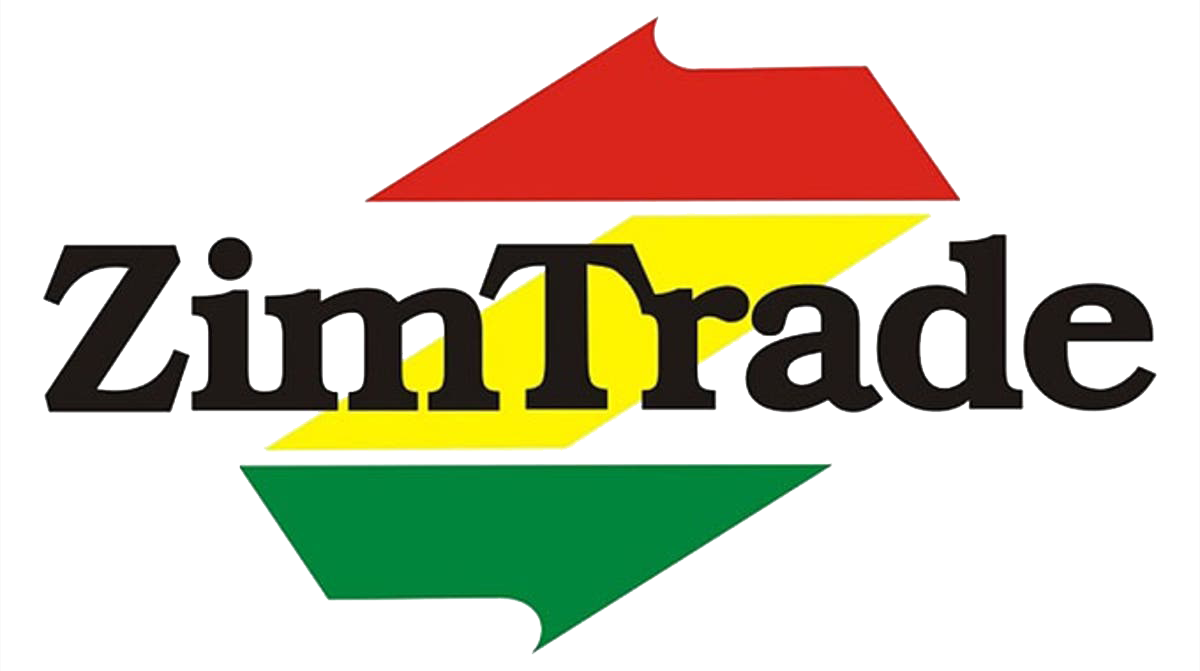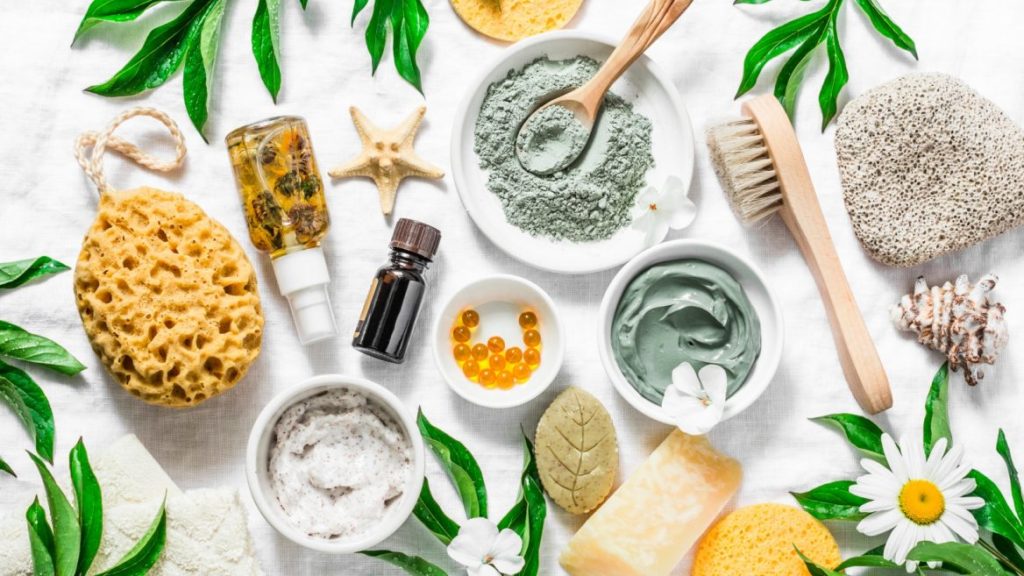The development of national trade, particularly growth of exports is dependent on inclusive participation of all, including rural communities that are usually marginalized.
Whilst previous export development activities often focused on established industries and small businesses, there is a realization that even rural communities can actively participate in export markets.
The inclusion of rural communities, particularly women and youths, is undoubtedly crucial in the development of national exports.
This can be made possible by riding on areas where they enjoy competitive advantage, leveraging on natural resources they are endowed with.
There are also opportunities to increase exports by focusing on products that do not require sophisticated machinery to process.
One of the areas that rural communities could be capacitated to venture into for export are natural ingredients used for cosmetics.
The word “natural” has been trending in international markets over the past few years, with countries that are quick to adapt realizing increased revenues in short spaces of time.
From food to clothing, people are increasingly becoming interested in how products they buy are produced, with a special focus on products that are produced from natural and organic raw materials.
This interest has resulted in a boom for cosmetics that are made from natural ingredients, instead of artificial or lab-grown raw materials.
Natural ingredients for cosmetics are known as raw materials extracted from plants or animals.
Currently, the demand for natural ingredients used in cosmetics is on the rise and the trend is expected to continue in the coming years as consumers consider them safer for human health and the environment.
The main drivers for the growth in demand is the growing consumer awareness for natural cosmetics and the desire of cosmetic companies to replace synthetic ingredients with natural variants.
The trend is veering away from products that superficially enhance beauty but have no biological effect to ‘therapeutic’.
Consumers are now inclined to cosmeceuticals that might, for example repair damaged skin, repair damaged tissues, smooth, protect from the sun and moisturise.
This has led to increased use of new active ingredients, including natural products with defined and specific biological effect.
This includes product groups such as vegetable and animal derived fats and waxes, vegetable saps and extracts, essential oils, raw plant material, colouring matter of vegetable or animal origin.
Export opportunities
Statistics for 2019 have indicated that the global import bill for these natural ingredients stood at approximately US$68 billion and the demand is estimated to have grown by 62 percent in the past five years.
Zimbabwean farmers can leverage on this growth by increasing production of high demand products in the cosmetics industry like, Ximenia, moringa, turmeric, ginger, teatree and aloe.
Some of the major importing countries for such products are United States of America, United Kingdom, Germany, France, Netherlands and Belgium.
In most countries especially in Europe, there is an increasing consumer sophistication and interest in all things natural and consumers are calling across sectors, for healthier and more natural products.
In Europe, personal-care and cosmetics industry is increasingly becoming important and large multinational companies have recently entered the natural cosmetics space, which used to be dominated by small, alternative manufacturing and marketing companies.
Although many of these mass and prestige products contain small and sometimes insignificant amounts of natural ingredients, the message they send to the consumers that ‘natural is better’ is gaining ground.
Thus, European cosmetics market presents good opportunities for exporters of natural ingredients in developing countries.
Zimbabwean producers have the capacity to grow some raw materials used in various cosmetic brands that have the potential to contribute to exports.
For example, the tea tree plant, that is then used for various skin care products and even healing oil.
For the year 2019, the developing countries’ share in imports by EU member countries is estimated over 50 percent for natural ingredients for cosmetics.
The main players in the Europe leading the markets for natural cosmetic ingredients are Germany, France, The United Kingdom, and Italy.
Growth in the natural personal care and cosmetics market is not being experienced in the EU countries alone but is becoming global, for example, in South East Asia several local manufacturers have successfully introduced new products with plant extracts like cucumber, apricot, ginseng, iris, and aloe.
The research trend for skin care products is moving toward the development of highly refined raw materials of natural origin with defined constituents imparting a specific biological effect to benefit healthy skin.
Significant new growth ingredients include enzymes, antioxidants, vitamin A, C and E. Classes of natural products of interest to the EU market include bio-saponins(steroids and triterpenoids), flavonoids, amino acids, nonprotein bio-complexes, proteins and phyto amins, anti-oxidants, alpha and beta—hydroxy acids, formulation acids, formulation aides and vitamins.
Products containing ingredients which yield these compounds include green tea, moringa, ximenia, ginger, and aloe, most of which can be grown in Zimbabwe.
All these plants are mostly suited to grow in dry regions and can flourish under rainwater only as well as sandy or loamy soils which can withstand diverse weather conditions.
Zimbabwe is a country rich in plant biodiversity, which traditionally used for decades in wide range of purposes, be it for medical, beauty or cooking and local cosmetic and pharmaceuticals companies’ market shares are likely to increase if they follow global trends and reformulate their products to address the needs of the niche markets, incorporate new ingredients and heighten the performance of their products.
Natural ingredients have been used traditionally and a number of these ingredients are today being developed and used not only for anti-aging effects but also for dermatologic disorders.
Currently, women in rural areas such as communities around Binga have embarked on value adding plants like ximenia, moringa, turmeric, aloe and ginger and contributed to the cosmetics sector as producers, entrepreneurs, employees, and consumers on a very low scale.
For example, Zubo women trust is producing the Jatropha soap, which has become very popular in areas around the Zambezi valley. They have complemented its catalising properties in healing infections, more than the industrially produced soaps they normally use, hence reducing their reliance on imported detergents.
However, for them to expand their businesses, become more productive and innovative, they need capacity building to enable them to access domestic, regional, and international markets.
ZimTrade, the national trade development and promotion agency, provide these capacity building opportunities and market intelligence that are useful to Zimbabwean producers who would like to seize this opportunity.
Other areas for consideration by Zimbabwean manufacturers in utilising natural ingredients includes, building strong relations between industries and communities as well as communities and learning or development centers.
This can help in establishing quality source and sustainable supply chains as well as established quality assurance procedures and services.
In addition to advantages offered by natural ingredients, the economic potential of natural cosmetics in beautification is favourable and developing countries are advised to establish joint effort between academics and industrial professionals to ensure smooth development of innovative cosmetic products for the export market.
Local companies are recommended to provide greater transparency about the traceability and sustainable production methods of their natural ingredients.
Ethical sourcing is also likely to become more important in the cosmetics industry in the future and suppliers of natural ingredients from Zimbabwe should ensure that their ingredients are traceable and those that do not meet this may fail to penetrate the market.



